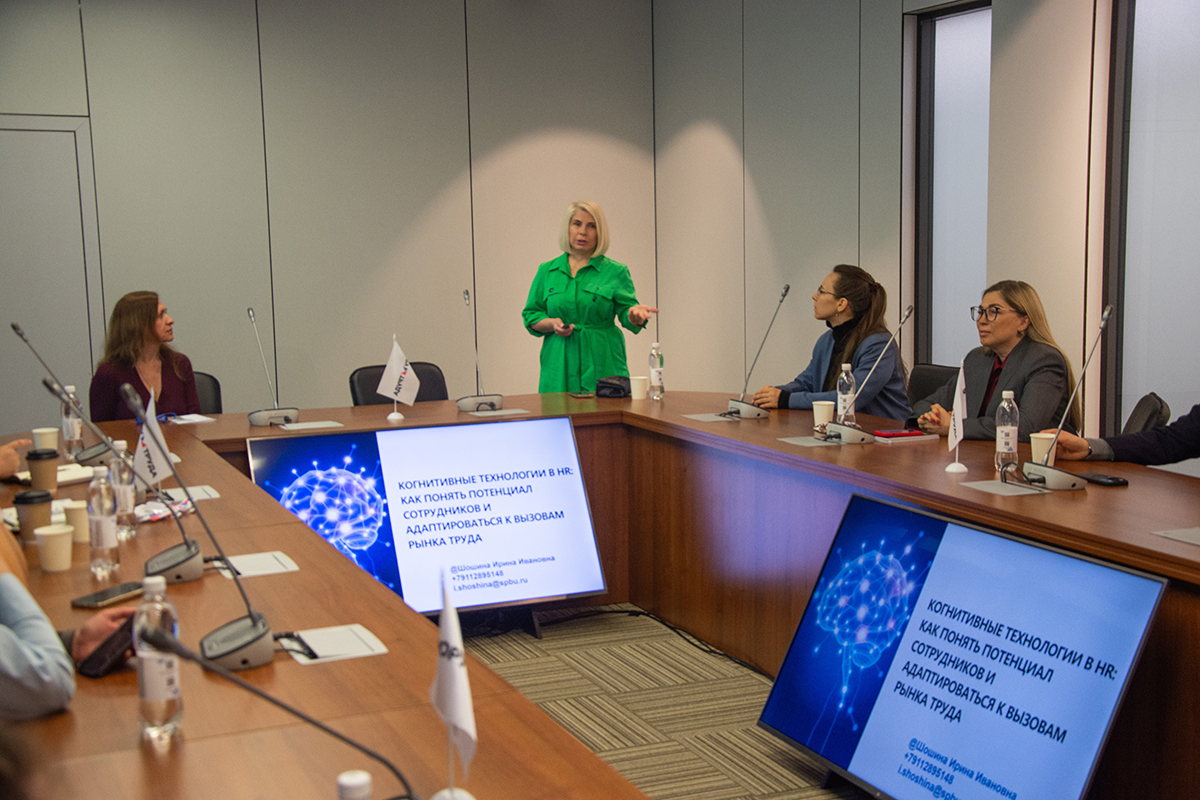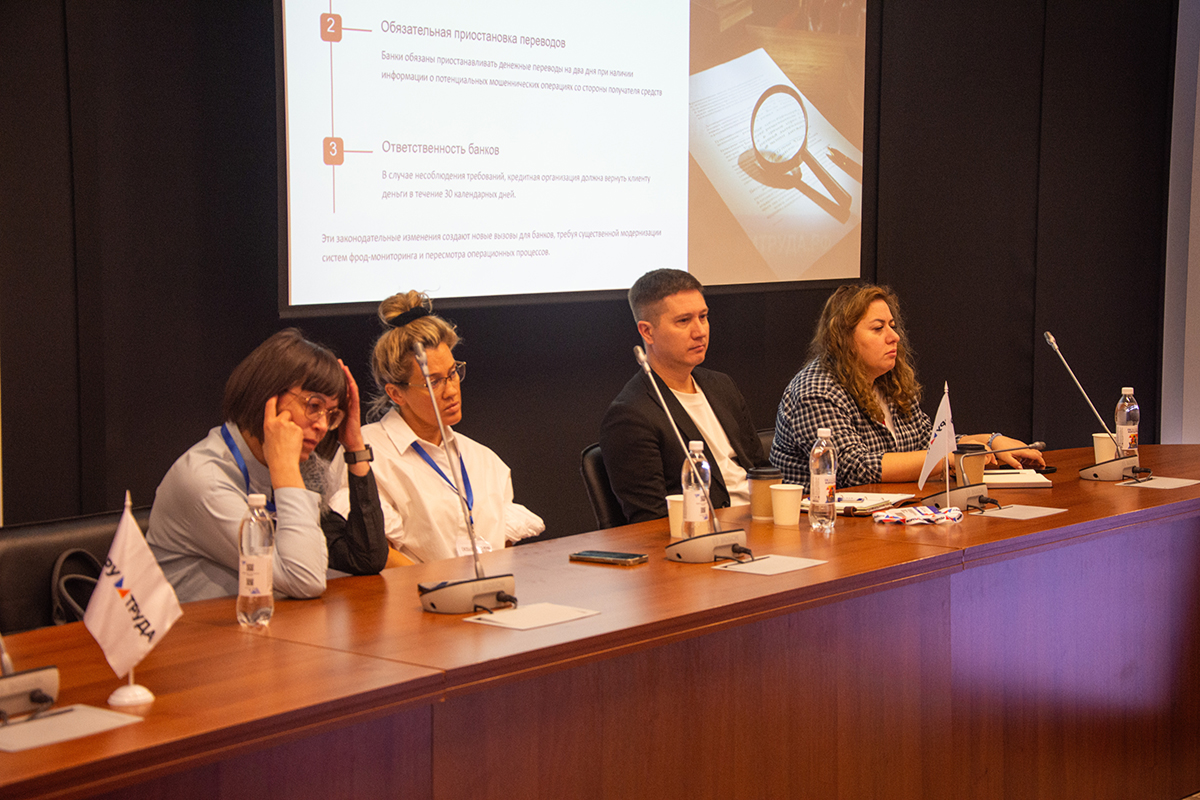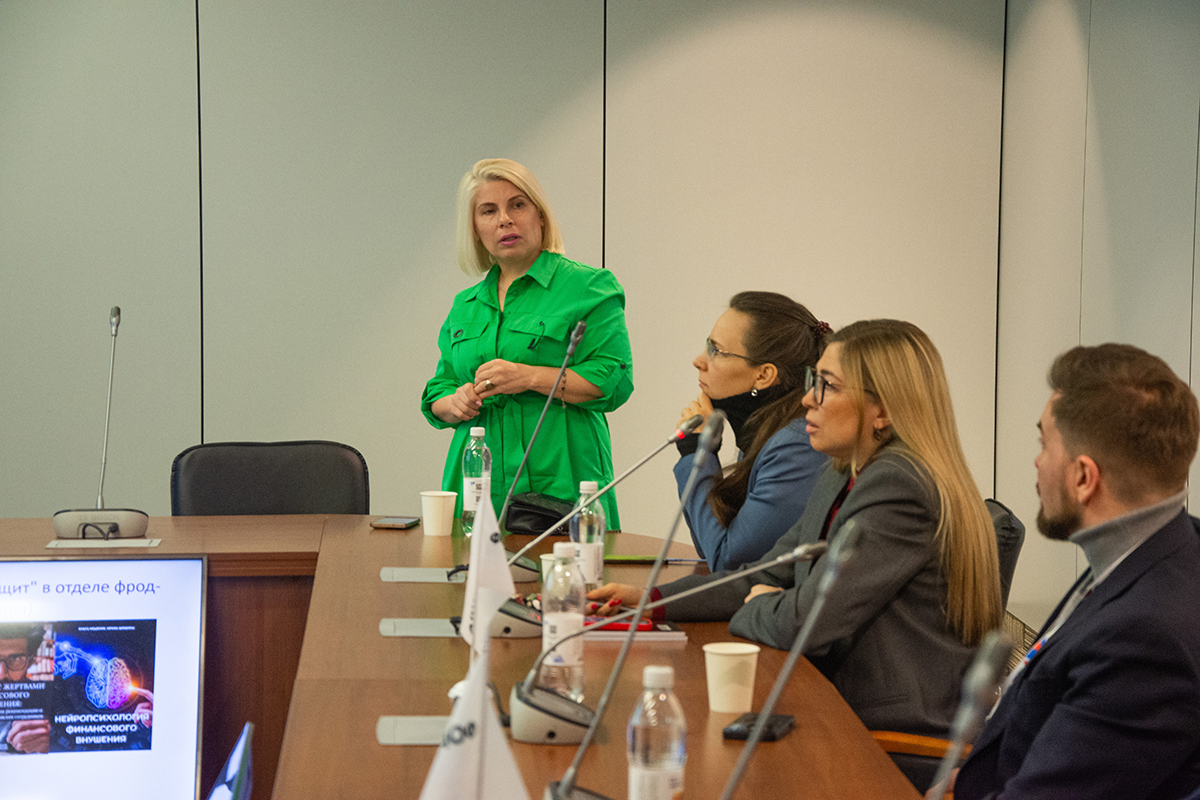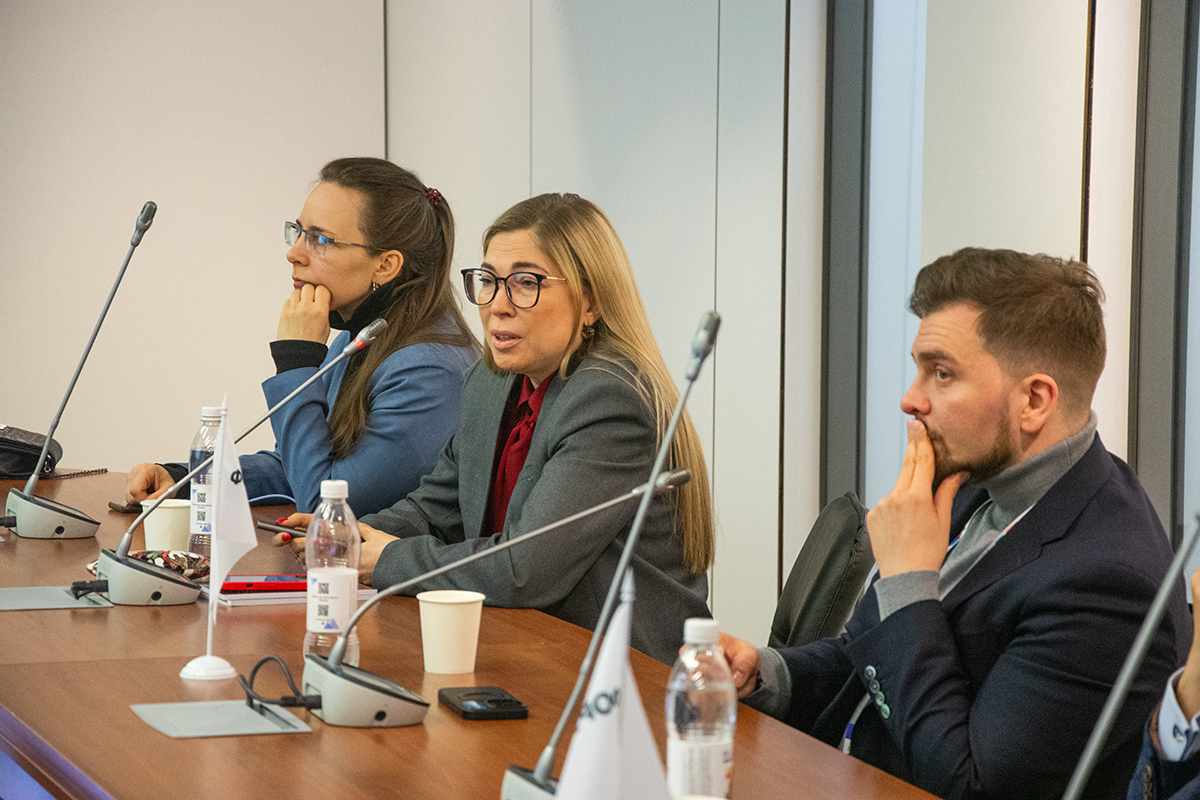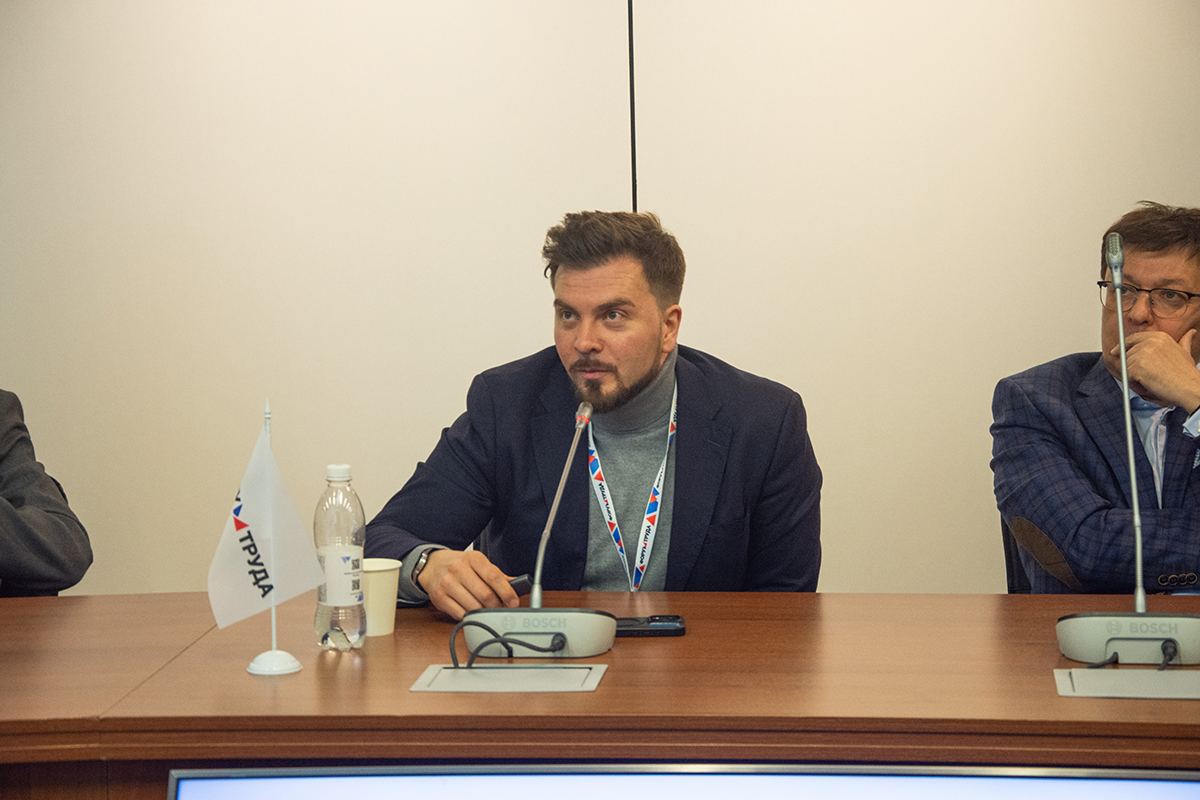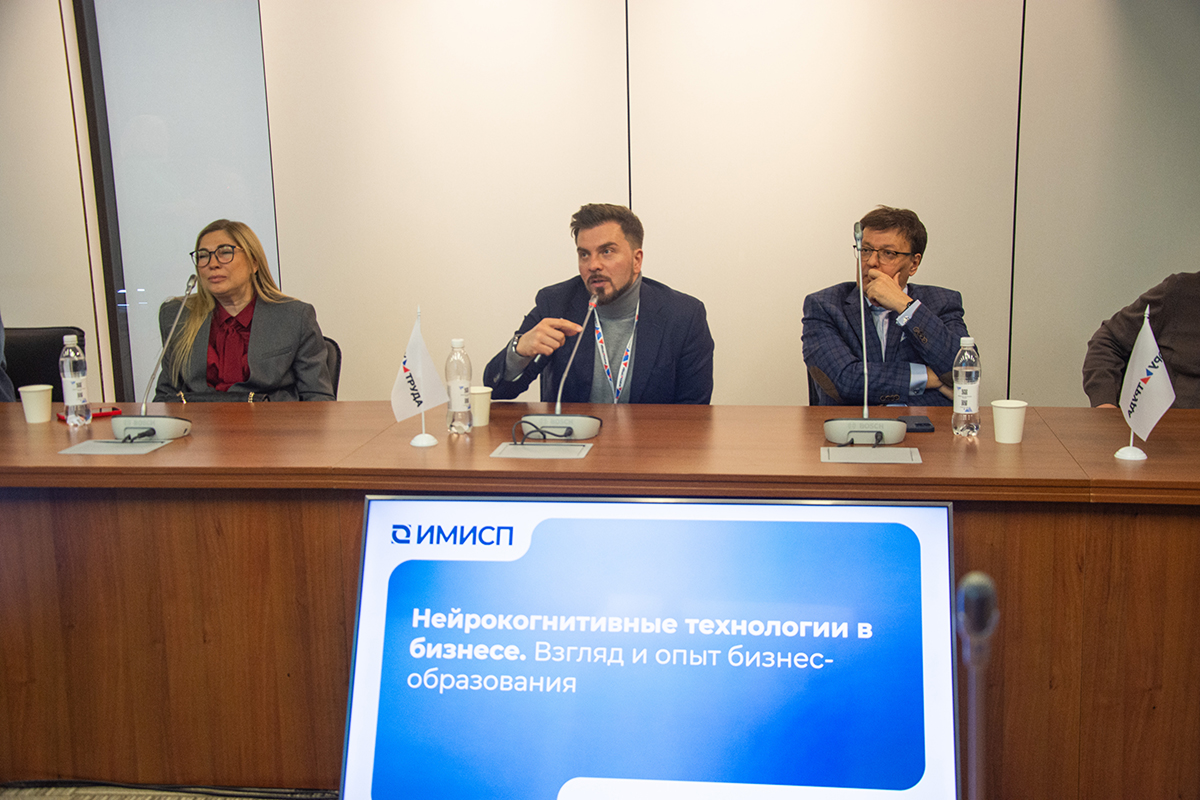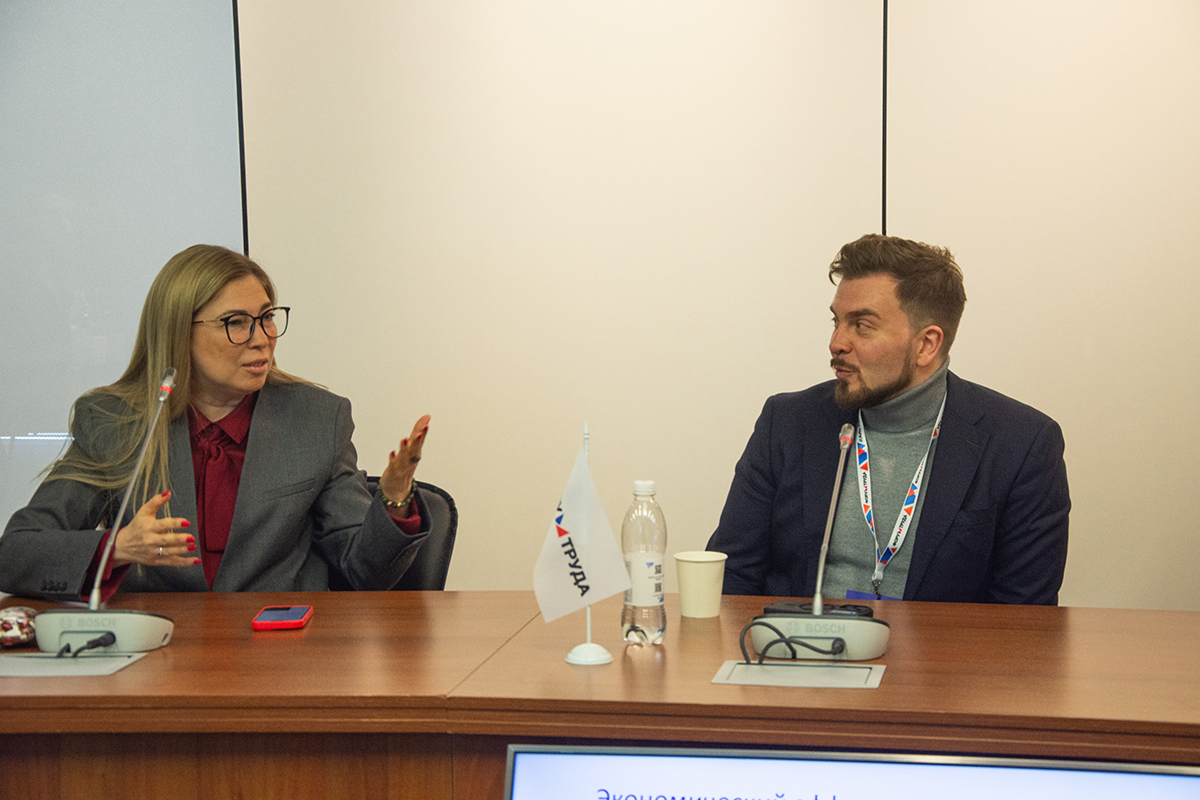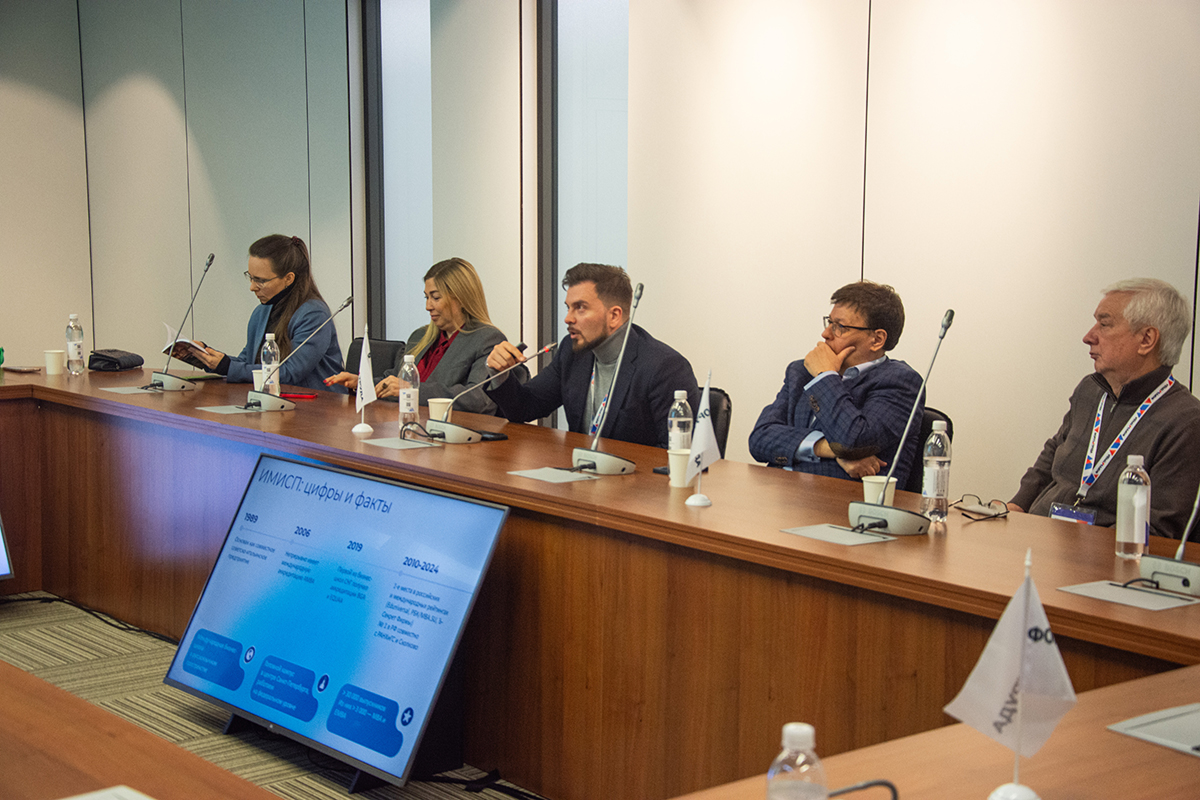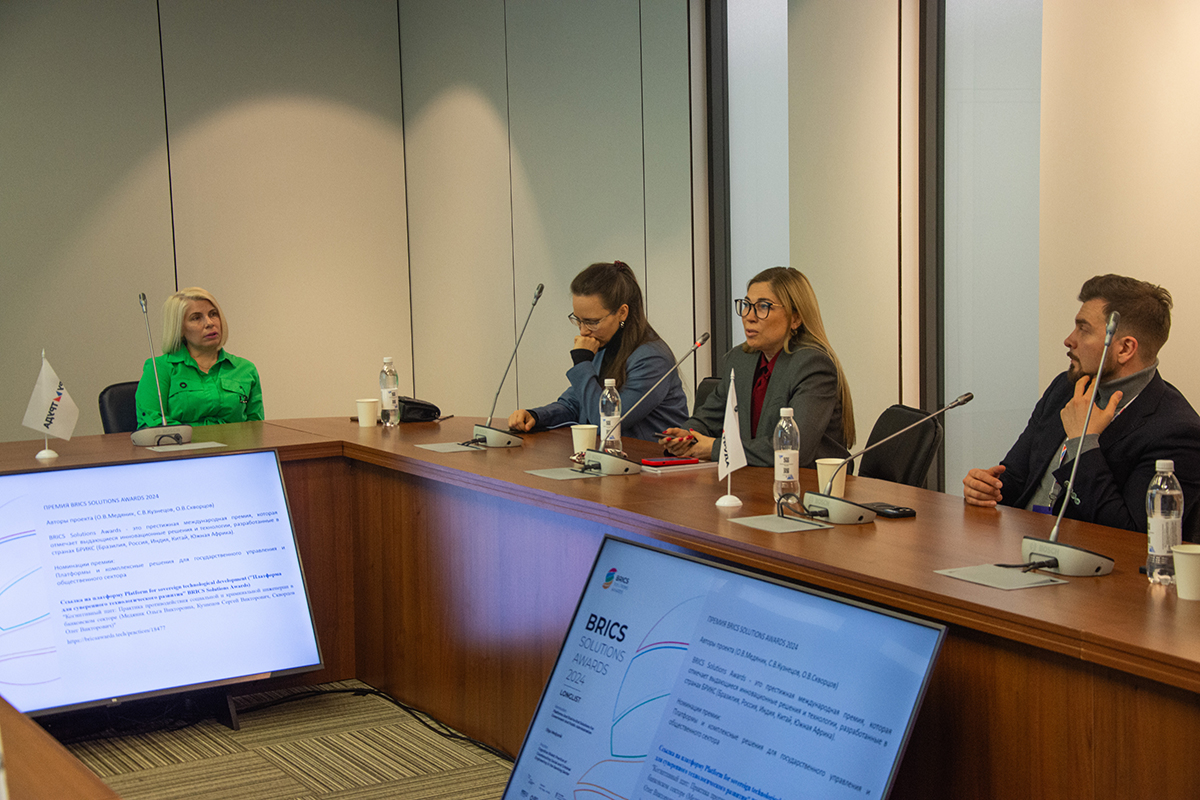St Petersburg University expert at the Labour Forum: neural network to help identify employee burnout
AI technologies are penetrating the labour sphere and are increasingly being used to promote professional development, determine professional competencies and personal qualities. Researchers from St Petersburg University shared their experience of using AI at the 9th St Petersburg International Labour Forum.
Artificial Intelligence as a tool, not a competitor
The round table ‘Training and development of personnel in the AI era’ was underpinned by the questions of how artificial intelligence can improve the quality of training and adaptation of personnel to new labour market requirements and whether the labour market is ready for the implementation of generative AI tools. The round table was organised by the Graduate School of Management at St Petersburg University. The moderator was Aleksandra Bordunos, Head of AI in Education at the Teaching Excellence Lab in Business Education at the Graduate School of Management at St Petersburg University.
The discussion showed that being able to have an open conversation about the possibilities and risks of technology is the best way to reduce AI anxiety. Artificial intelligence is not a competitor to humans, but a tool that is configured and interpreted by specialists, and the main skill of the future is managing AI, not competing with it, concluded the experts.
Neuroscience methods to ensure accurate assessing of the potential of employees
The initiator and moderator of the scientific session "Personnel management of the future: integration of neuroscience into the processes of employee assessment and development" was Irina Shoshina, Professor at St Petersburg University and Chair of the scientific committee on cognitive studies at the Institute for Cognitive Studies at St Petersburg University. The methods of personnel assessment and support do not provide sufficient accuracy and objectivity of diagnostics, she said. According to the HR specialists, they cannot find tools on the market that would enable them to effectively analyse work teams. The use of clinical methods makes it possible to obtain the closest to the real result, which is still not enough. The accuracy level of diagnostic tools currently available does not exceed 46%.
"In the assessment, it is important to evaluate not only the potential, but also the competencies, personal characteristics, and functional state of the employee who is planned to be promoted up the career ladder. The developments that our team is conducting are based on objective methods, and take into account the structural and functional organisation and neurobiological mechanisms of the brain," said Irina Shoshina. "Last year, using the results of many years of work, we trained a neural network to recognise fatigue. Now, we are planning to train it to identify more vivid states that differ from the norm, such as burnout or schizophrenic spectrum disorders."
In 2025, the University opened the Centre for Neurocognitive Research, Mathematical Modelling and Computational Technologies to promote research in this area.
According to the expert from St Petersburg University, it is not correct to implement analytics that were obtained using big data collected using classical methods, which are not very accurate. Irina Shoshina emphasised that in order to obtain reliable results, it is necessary to train neural networks on databases obtained during the registration of objective indicators related to the potential, individual, personal characteristics and functional state of employees. The neural network for detecting fatigue, developed jointly with colleagues from the Federal Research Centre of the Russian Academy of Sciences, uses clear, neurobiologically substantiated criteria and it therefore allows for high accuracy of assessment.
HR specialists showed a high interest in the methods developed at St Petersburg University. Representatives of several companies invited experts from St Petersburg University to assess the potential of their employees, determine hidden leadership, assess their perception strategies, and analyse information that determine behavioural patterns.


